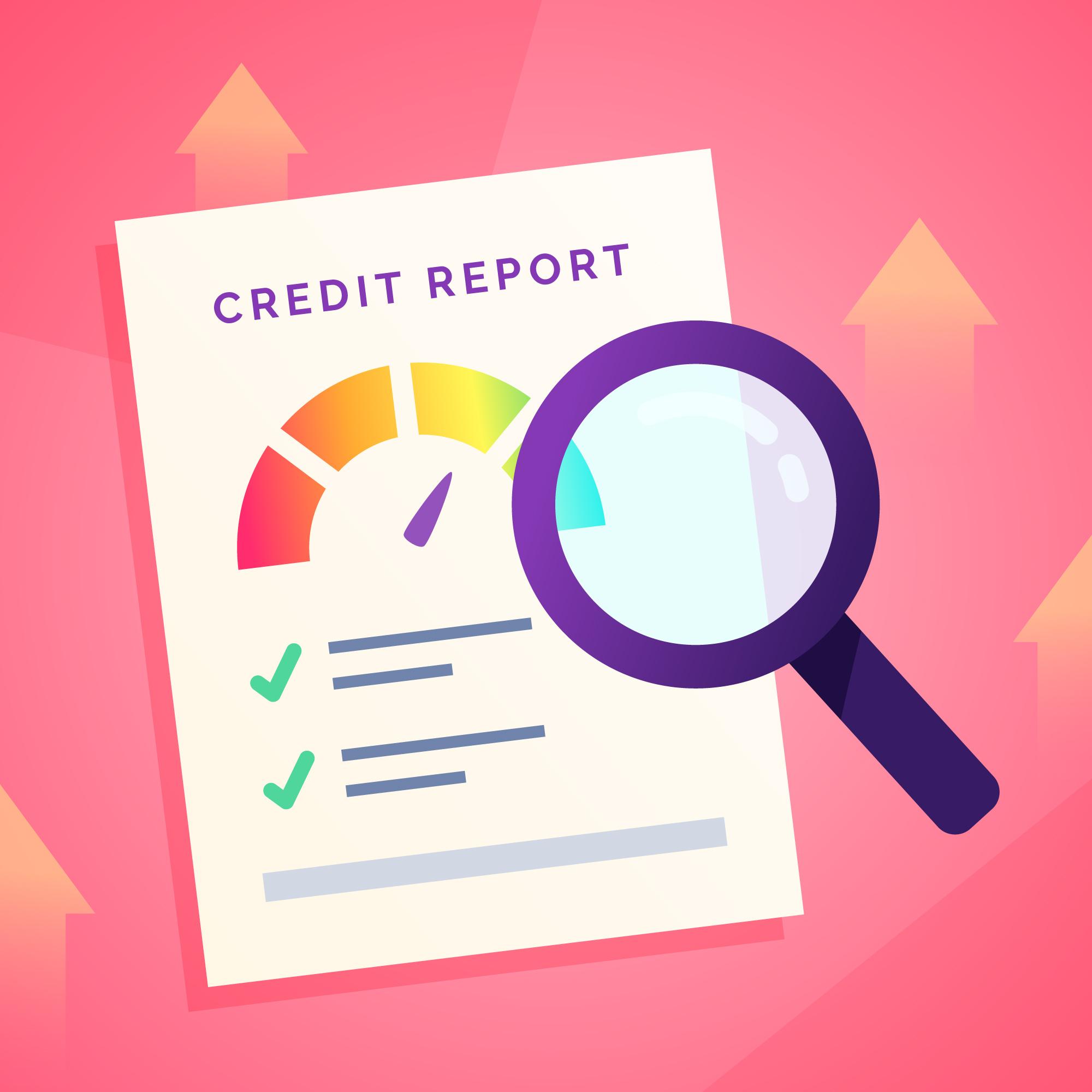In the complex world of credit scoring, a common puzzle confronts many: why does one’s credit score fluctuate between different reporting agencies like Experian, Equifax, and TransUnion? The answer lies in a tapestry of factors, weaving a unique narrative for each agency.
Table of Contents
The Symphony of Scoring: Different Instruments, Different Tunes
Imagine credit scoring as a symphony orchestra. Each reporting agency is like a unique conductor, leading the same ensemble (your credit history) but choosing different instruments (credit scoring models) to emphasize. Just as the sound of a symphony changes with the conductor’s choices, so too does your credit score change with each agency’s scoring model.
The Case of the Co-Signer: A Duet in Credit Scoring
A significant yet often overlooked aspect of credit scoring involves loans with co-signers. When you co-sign a loan, you’re essentially engaging in a financial duet. Both parties’ credit histories are intertwined, influencing the credit score. However, the degree of impact can vary between agencies, as they each interpret this duet differently based on their scoring models.
The Ingredients of the Scoring Recipe: Not All Are Common
Each credit bureau has its secret sauce – a proprietary algorithm for calculating credit scores. These algorithms are like complex recipes, each with a unique blend of ingredients (credit history data) and measurements (scoring criteria). This variance in recipes results in different credit scores from each bureau.
Credit Inquiries: A Double-Edged Sword
Every time you apply for credit, the lender makes an inquiry, which can slightly lower your credit score. However, not all inquiries weigh equally across different agencies. Some may consider certain inquiries more significant than others, leading to variations in your score.
The Enigma of Data Furnishers: Who Reports What?
Data furnishers, such as banks and credit card companies, report your credit activity to the bureaus. However, not all furnishers report to all three bureaus. This selective reporting creates disparities in the data each agency receives, contributing to the variations in scores.
The Timeliness Factor: A Race Against Time
Reporting agencies also differ in how quickly they update their records. If one bureau updates your paid-off credit card balance faster than others, it will reflect a higher score sooner. The timing of these updates can cause temporary fluctuations in your scores.
Understanding the Scoring Models: A Deep Dive
To further complicate matters, each agency uses multiple scoring models. For instance, a car lender may use a different model than a mortgage lender. These models are tailored to predict risk for specific types of credit, resulting in different scores for different types of inquiries.
The Role of Credit Utilization
Credit utilization, or the amount of available credit you’re using, is a significant factor in your score. While the basic calculation is the same (total balances divided by total credit limits), the weight given to utilization ratios can differ between agencies, impacting your score.
Errors and Discrepancies: The Unseen Culprits
Finally, errors in your credit reports can cause score variations. Discrepancies, such as a wrongly reported late payment, can significantly impact your score. Regularly reviewing your credit reports from each bureau is crucial for maintaining accuracy.
The Path Forward: Navigating the Credit Maze
Understanding why your credit score varies between reporting agencies empowers you to better manage your credit health. Regularly reviewing your credit reports, maintaining low credit utilization, and being mindful of the types of credit you apply for can help you navigate this complex system.
Conclusion
The variations in your credit scores across different agencies are a natural consequence of the diverse methodologies and data interpretations. By comprehending these differences, you can take proactive steps to optimize your credit profile, ensuring a harmonious financial future.
Featured




